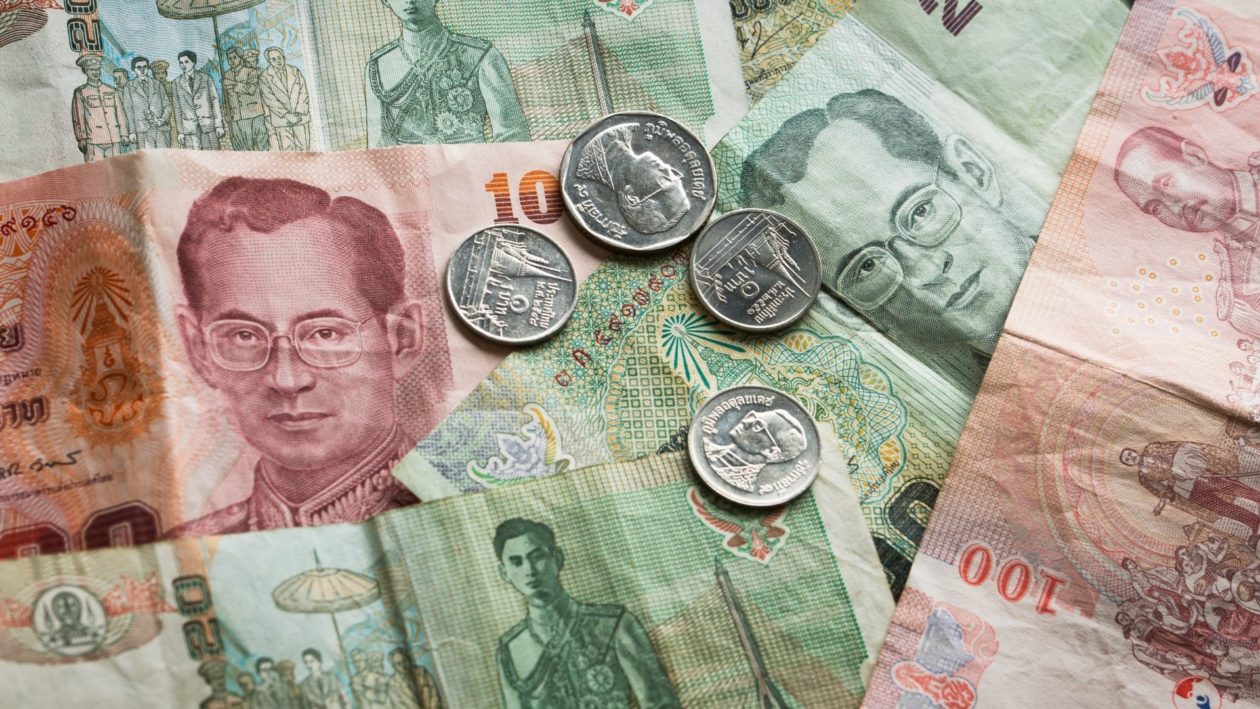The Bank of Thailand today published the results of its retail central bank digital currency (CBDC) study and public survey, which the central bank says will guide the development of the country’s CBDC pilot test.
Fast facts
- The Bank of Thailand underscored that a CBDC for the general public “must not adversely affect monetary policy transmission, financial institutions, or overall financial stability” to have maximum potential.
- The guidelines for a retail CBDC include: (1) the CBDC should be cash-like and non-interest bearing, (2) intermediaries such as financial institutions would distribute the CBDC to the general public, and (3) conditions for converting the CBDC would need to be determined.
- “The public’s demand for Retail CBDC will gradually increase over time and that CBDC could become an alternative payment option in the future, partially substituting cash and e-money,” the BOT said.
- Feedback from a public survey and focus groups conducted by the BOT also indicated that the Thai public regarded CBDC as a “beneficial infrastructure open to access and competition, with the potential to foster greater development of a safe financial innovation in the future.”
- The BOT’s retail CBDC pilot test will be conducted in two parts:
- A foundation track to evaluate the use of CBDC for cash-like activities like payments. This phase is expected to start in the second quarter of 2022.
- An innovation track to explore use cases for the CBDC with participation from the private sector and technology developers.
- Thailand has been among the more active countries in Asia in exploring CBDCs and digital payments. Thailand’s central bank has also been working on a wholesale CBDC for use by financial institutions. The country is collaborating with the central banks of China, Hong Kong and the United Arab Emirates on a “Multiple CBDC Bridge” project for cross-border payments, an expansion of an earlier Project Inthanon-LionRock CBDC initiative between Thailand and Hong Kong.
- But while Thailand is embracing blockchain technology and CBDC projects, its stance towards non-government cryptocurrencies has been less sanguine, with the regulator warning that it does not support the use of cryptocurrency like Bitcoin as a means of payment. Thailand’s Securities and Exchange Commission has also banned cryptocurrency exchanges in the country from providing services related to meme tokens such as Dogecoin, fan tokens and non-fungible tokens (NFTs).

